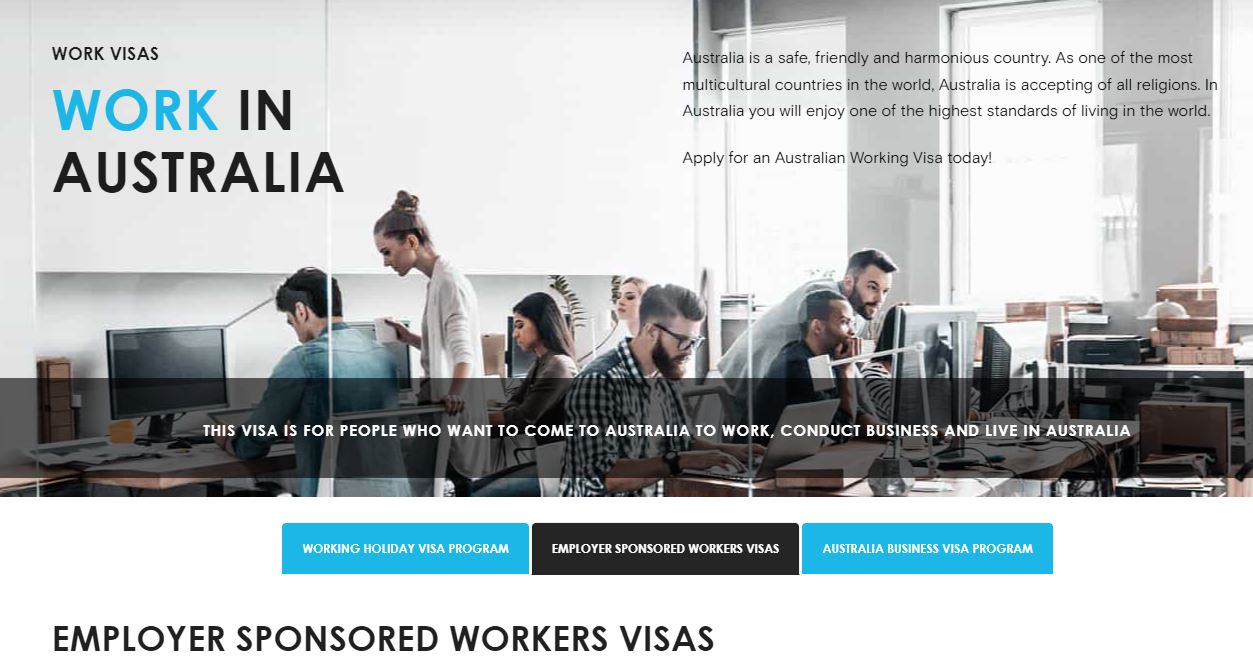Australian Government – Department of Home Affairs Immigration and Citizenship – Workers rights and visa protections
All people working in Australia have the same basic workplace rights and protections, regardless of citizenship or visa status. Contracts or agreements cannot take away your rights. Under Australian workplace laws, the Fair Work Ombudsman (FWO) protects and enforces the rights of visa holders.
Your employer can’t cancel your visa, even if you’ve breached your visa conditions. Only the Department can grant, refuse or cancel visas.
We have an arrangement with the FWO to support visa holders who approach them for help. Visa holders can seek help without fear of visa cancellation. This arrangement applies even if work-related visa conditions have been breached. This arrangement is the Assurance Protocol.
The Assurance Protocol
What is the Assurance Protocol?
Under the Assurance Protocol, we won’t cancel your visa if you have breached your work-related visa conditions because of workplace exploitation, provided:
you have sought advice or support from the FWO and you’re helping them with their inquiries
there is no other reason to cancel your visa (such as national security, character, health or fraud)
you have committed to following your visa conditions in the future.
Who does the Assurance Protocol apply to?
The Assurance Protocol applies to people on temporary visas with permission to work, such as:
Student visa (subclass 500 series visas)
Working Holiday visa (subclass 417)
Work and Holiday visa (subclass 462)
Temporary Work (Skilled) visa (subclass 457)
Temporary Skill Shortage (TSS) visa (subclass 482)
Temporary Work (International Relations) visa (subclass 403).
For temporary visa holders who don’t have permission to work, we will consider each case on its merits.
How does the Assurance Protocol work?
The FWO will assess your eligibility for referral to us under the Assurance Protocol. This will occur after the FWO has identified or received a report of your case of workplace exploitation. If you’re eligible, the FWO will always get your permission first before referring your case to us. If you’ve met the conditions and there is no other reason to cancel your visa, we will give you a letter that says we won’t cancel your visa.
The Assurance Protocol only applies to visa cancellation considerations.
However, when the Assurance Protocol is applied, any breach of your work-related visa conditions will not be considered as a negative information by us when considering your future visa applications. This includes any current visa applications you may have already commenced.
What are some signs of workplace exploitation?
There are different forms of workplace exploitation. There are also other issues that visa holders may experience. These include:
threats to cancel your visa
wage underpayments
unfair deductions, deposits or ‘cash-back’ schemes
not receiving workplace entitlements, for example, paid leave or superannuation
having your passport taken and held by someone else
pressured or made to work beyond the restrictions of a visa
being pressured to pay an up-front payment or ‘deposit’ for a job
employers avoiding paying tax by making cash payments of wages to you
unpaid training
being classified as an independent contractor instead of an employee
unfair deductions from wages for accommodation, training, food or transport.
If you’re a visa holder working in Australia and you’re experiencing workplace exploitation you should ask for help from the FWO.
For more information about workplace rights for all visa holders working in Australia, see Visa holders and migrants.
You can get further help and Information by messaging us here or email SkilledMigrationGroup@protonmail.com
Website: https://www.AustralianTrades.com/
Website: https://AustralianImmigrationVisas.com.au/
https://www.facebook.com/groups/AustralianVisasMigration/
https://www.linkedin.com/in/australianimmigrationvisasmigrationagents/
Text/Phone +61434944499

